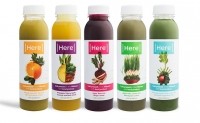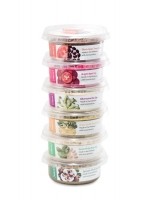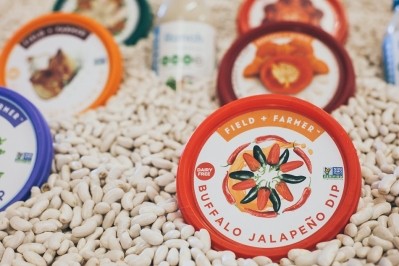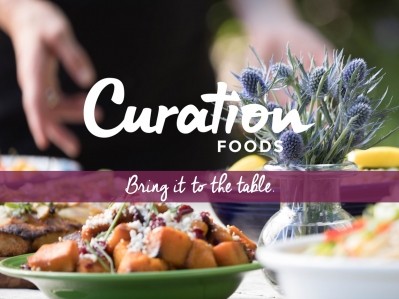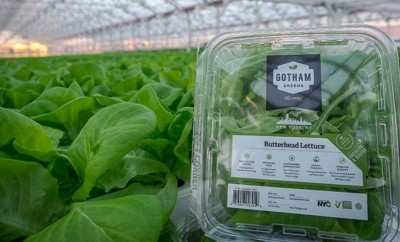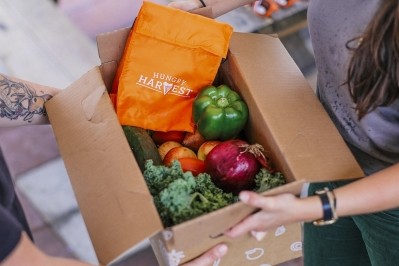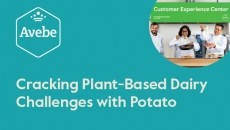Here closes $4m funding round aiming to expand marketing and production
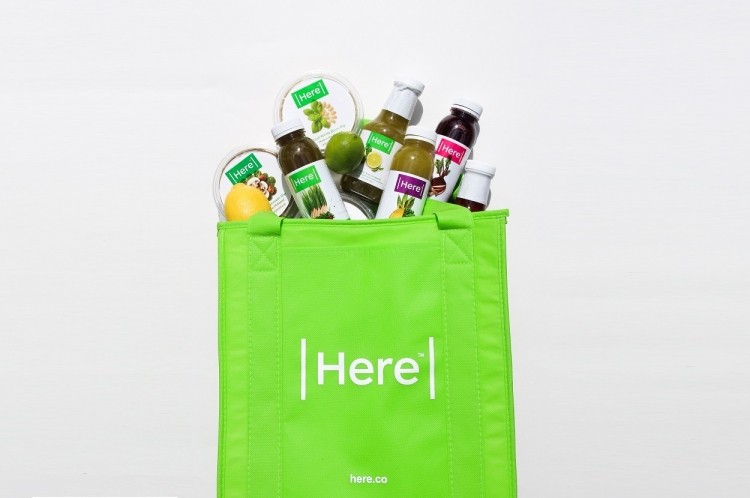
Here makes a variety of bean dips, salad dressings, and cold pressed juices made from Midwestern produce that can be sourced 365 days a year (such as apples from Michigan, wheat grass, and basil grown hydroponically).
Venture funds targeting emerging food brands have become more commonplace, but that was not always the case going back just a few years, according Here president Megan Klein.
Klein was part of FarmedHere, an organic hydroponic farm growing basil and microgreens year round at a commercial level in Bedford Park, IL, serving as its president from 2015 to 2017.
According to Klein, food-specific venture funds and accelerator programs have only recently starting popping up within Chicago with Family Farmed leading the way. Here was part of Family Farmed’s first 2016-2017 incubator class, the Good Food Accelerator.
Food startups have become more of a draw for investors looking to make a positive impact on local communities and the environment.
“It seems that a lot of people who have done well in their careers are really interested in sustainable food, and investing in food is a great way to make a social and environmental impact,” Klein said.
Nate Laurell, is arguably one of those individuals, leading a successful career outside the food industry before heading up Here as its CEO.
Here as well as its production and co-packing facility, 87P, are both owned by the holding entity, Here Foods PBC, of which Laurell is a primary owner.
What made Here attractive to investors?
Investors from Listen Co. were attracted to its vertically-integrated model which allowed it to expand its Here-branded business as well as its private label food and beverage production. Having a vertically integrated business model also gives the company control over the entire production process from product concept to point of sale.
The company’s bean dips, for example, were on the shelf within six months of conceiving the product idea.
“We want to create products with integrity and being our own co-packer allows us to do that,” Klein said.
“There is a real demand for clean label copackers especially ones that are entrepreneurial because there are so many startups popping up.”
Its regional sourcing and distribution model can also be replicated in other regions, according to Klein, which the company intends to do in the northeast, west coast, and southeast.
“We would source from farmers in each of those regions. It would be the same mission with new farmers and sources,” she said. “By doing that we can reach 75% of consumers within a day’s drive.”
Hitting a sweet spot in fresh food
Klein added that the company has grown organically due to the increased consumer demand for locally-sourced fresh food. According to FMI’s Power of Produce 2017 report, over half (54%) of shoppers said they would like their produce department to offer more locally-grown options and 80% of consumers buy locally to support their community.
The real strength of Here is that it brings innovation to the produce category by creating value-added products with local produce, according to Klein.
“Grocery stores didn’t really need another brand of local basil. What they needed was for us to put the basil into something else so they could put it into a new category,” Klein said.
“I think we’ve really hit a sweet spot of giving consumers what they want but also something new within that category.”
Spending the $4m
Here will use a portion of the $4m investment on marketing to support the momentum of its brand recognition, which is stocked in more than 350 stores including Jewel Osco, Mariano’s, and Whole Foods.
“As we grow our store and customer base we need to put marketing dollars there to get people to try the product and most importantly share our farmers’ stories,” Klein said.
Instead of using stock images of fruit and vegetables, Here styles the actual produce that goes into each of the products and features it on the labels.
A brand refresh for its bean dips is on the horizon in May and will eventually be rolled out to its salad dressing and cold-pressed juices.
“The thing is, our bean dips aren’t popping off the shelf,” Klein said. “We’ve gotten a lot of feedback the font is too small and people don’t know what the product is.”
New machinery will also be purchased for its 87P facility to support higher production volumes, Klein added.
Varying understandings of ‘local’
Here’s entire business relies on a commitment to locally sourced ingredients that are available year round, but the company needed to solidify its definition of local since consumer focus groups revealed the term meant different things to different people.
“Some people might define ‘local’ as literally their neighborhood. Some people define local as the USDA’s definition of local, which is 400 miles,” Klein said.
“We think of it as being in the Midwest. If they (consumers) can imagine a Michigan apple grower… that feels local to them.”
